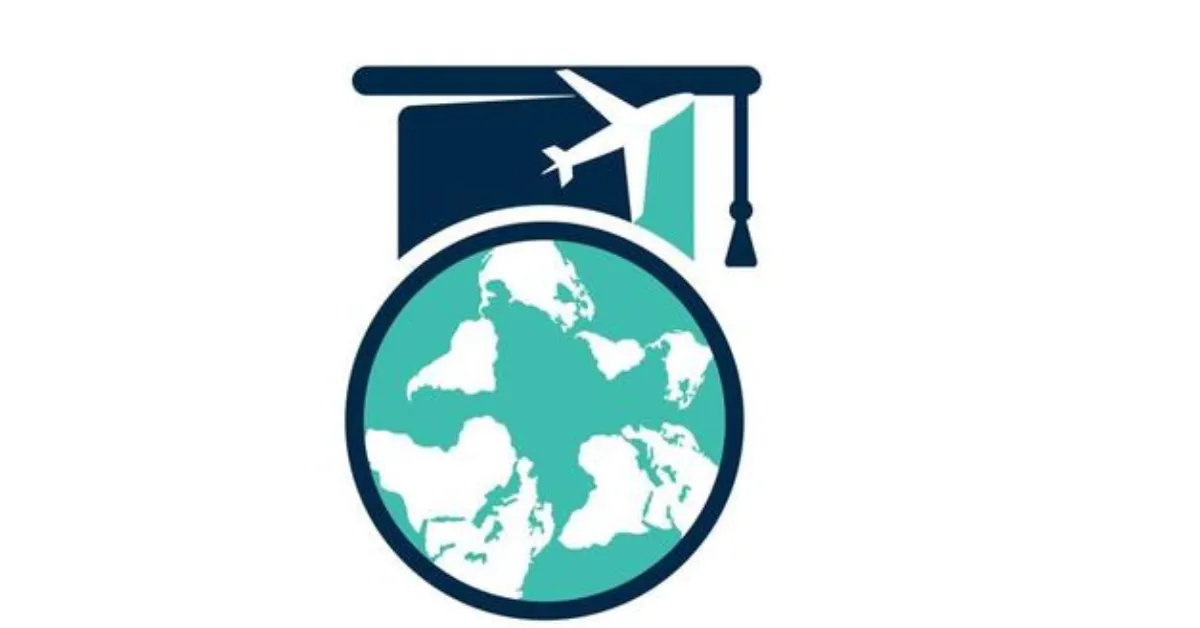In an era where global connectivity is at the forefront, study abroad programs have become a vital aspect of higher education. These programs offer students a unique opportunity to experience different cultures, gain international perspectives, and enhance their academic qualifications. This article explores the various dimensions of study abroad programs, including their benefits, types, popular destinations, and practical tips for prospective participants.

What Are Study Abroad Programs?
Study abroad programs are structured educational experiences that allow students to study in a foreign country while earning academic credits toward their degree. Ranging from a few weeks to an entire academic year, these programs enable students to immerse themselves in new environments, enhancing both their educational and personal growth. Participating in such programs fosters independence, adaptability, and a deeper understanding of global issues.
Overview of Study Abroad Programs
| Component | Details |
|---|---|
| Duration | Short-term (summer sessions) or long-term (academic year) |
| Eligibility | Varies; typically includes GPA and language proficiency criteria |
| Program Types | Exchange, direct enrollment, internships, volunteer programs |
| Funding Sources | Scholarships, grants, and financial aid options available |
| Popular Locations | Europe, Asia, North America, Australia, and South America |
Types of Study Abroad Programs
- Exchange Programs: These programs facilitate a reciprocal arrangement between institutions, allowing students to study abroad while hosting a peer in their home university.
- Direct Enrollment: Students enroll directly in a foreign university, giving them access to a wide variety of courses and educational experiences.
- Internships and Work Experience: Some programs combine academic learning with professional internships, providing valuable work experience in an international context.
- Cultural Immersion Programs: These focus on language acquisition and cultural understanding through workshops, community engagement, and local experiences.
Benefits of Studying Abroad
Participating in a study abroad program offers numerous benefits, including:
- Cultural Understanding: Gain firsthand experience of different cultures, customs, and languages, fostering global citizenship.
- Academic Enhancement: Access unique courses and teaching methodologies that may not be available at home institutions.
- Career Advancement: International experience is highly valued by employers, providing a competitive edge in the job market.
- Personal Development: Overcome challenges and build resilience, self-confidence, and problem-solving skills.
Popular Destinations for Study Abroad Programs
- United Kingdom: Home to some of the world’s most prestigious universities, the UK offers a rich historical and cultural landscape.
- Australia: Known for its friendly environment and high-quality education, Australia attracts many international students every year.
- Spain: Offers vibrant culture, language opportunities, and a variety of academic programs, making it a favorite among students.
- Japan: With its blend of tradition and modernity, Japan provides unique opportunities for students interested in technology, art, and culture.
- Netherlands: Renowned for its innovative educational system, the Netherlands offers many programs in English and a welcoming environment for international students.
How to Choose the Right Study Abroad Program
When selecting a study abroad program, consider the following factors:
- Academic Alignment: Ensure the program aligns with your academic goals and requirements for your degree.
- Cultural Compatibility: Choose a destination that aligns with your personal interests and lifestyle preferences.
- Financial Planning: Consider the total cost of the program, including tuition, living expenses, and potential scholarships or financial aid.
- Institutional Support: Look for programs that provide robust support systems for students, including orientation, housing assistance, and academic advising.
Tips for a Successful Study Abroad Experience
- Research Your Destination: Learn about the local culture, customs, and language to ease your transition.
- Be Prepared: Stay organized by keeping track of application deadlines, travel arrangements, and important documents.
- Stay Open-Minded: Embrace the opportunity to meet new people, try new foods, and explore different lifestyles.
- Network: Build relationships with local students and other international peers to enhance your experience.
- Reflect on Your Experience: Document your journey through journals or blogs, capturing your thoughts and growth throughout the experience.
Conclusion
Study abroad programs are invaluable opportunities for students to broaden their academic and personal horizons. By immersing themselves in different cultures and educational environments, students can develop essential skills and perspectives that prepare them for a globalized world. With thoughtful planning and an adventurous mindset, studying abroad can be one of the most rewarding experiences of a student’s life.
